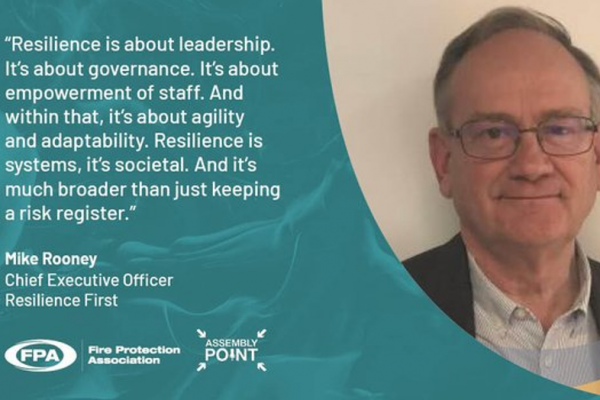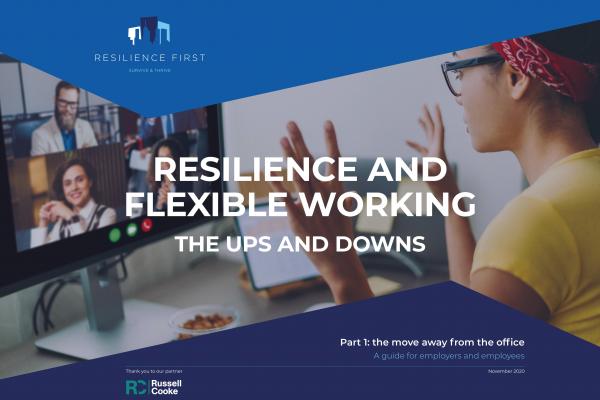Dealing with crises is somewhat like waiting for a bus. For long periods, nothing appears then all of a sudden several arrive at the same time. First, there is the Brexit bus of uncertainty, slowly trundling down the road. Out of nowhere appears the careering Coronavirus bus of health and economic disruption. Then suddenly there’s a bus with George Floyd’s image on the side. Following is the Climate mega-bus of environmental change. All these buses present corporate bosses with long-term stresses but new opportunities. Each requires in the driver someone who can choose the right route and steer the vehicle down the road while avoiding the ditch. Over-attention on the rear-view mirror will not guarantee safe arrival at a destination.
Driving or leading today’s companies, whether large or small, is about making decisions when less than 70% of the key facts are known, when employees are dispersed and sheltering in their own homes, when inequalities beyond one’s normal remit are reaching fever pitch, and the world boils in its excesses. Platitudes and policies are no longer sufficient: doing nothing or not doing bad is no longer good enough. Leaders, both political and corporate, need to show that they can rise to the multiple challenges by providing a hopeful vision that unites. It means positively acting and being counted in the pursuit of principles and ethics. Above all, leaders need to display and promote resilience. Here are some pointers.
When anxious employees are dispersed and working in isolation then it is important that staff understand the central mission of the company, what the military call ‘mission command’. This means that when normal communication or direction is disrupted, people know instinctively what to do without waiting for detailed instructions and authorisation. They can interpret their task in ways that can ensure continued success. Empowerment can help here but it needs to be preordained and responsibility transferred in advance.
Above all, trust in the managerial chain is a crucial asset that takes time to establish – it can also be broken in an instant. With furloughing or home-working, regular communications through virtual town-hall meetings can help strengthen trust, gauge sentiments and improve motivation. It appears that productivity has in general improved with the recent lock-down which shows that people can rise to unusual challenges and generate a degree of self-motivation but that still needs constant nurturing from above.
It is not only leaders who suffer burn-out and emotional stress, especially with long-running crises. Pacing oneself and others around you is a skill that does not necessarily come easily. Emotional resilience requires attention before, during and after trauma, and must not be seen as a HR issue alone; it is a leadership issue that needs to be driven from the top and be applicable to everyone from the top down. Anyone can succumb to life’s pressures and they should not have to wait for the next bus to arrive with help aboard.
Resilience First will be holding a webinar on ‘Leadership in a pandemic’ on 9 July. See details here.
For further reading, please visit our Knowledge Hub.



